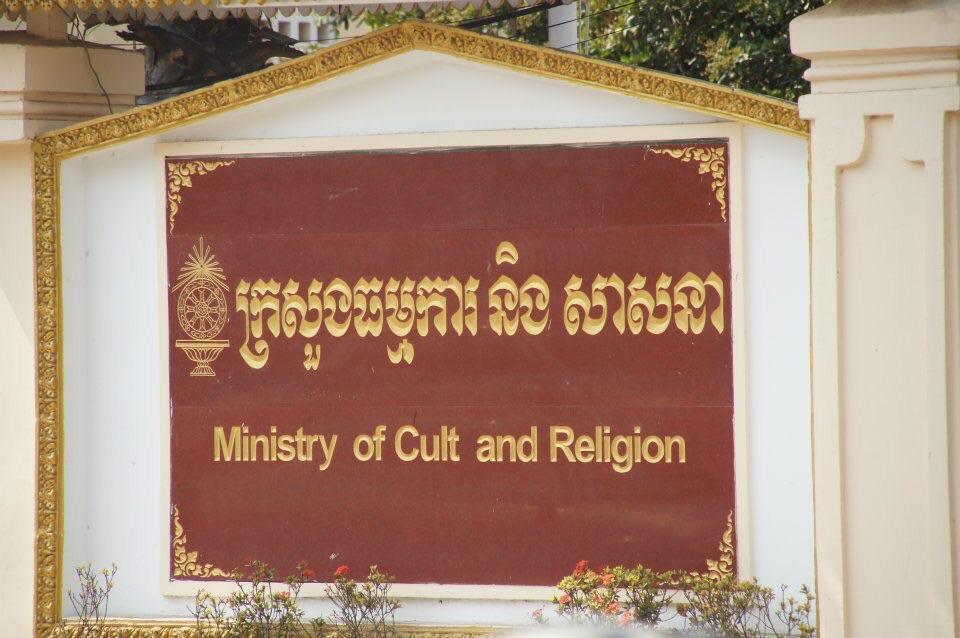Phnom Penh: The Ministry of Cults and Religions has issued guidelines for the observance of the Kan Ben, Pchum Ben and Kathin festivals. It has urged all capital and provincial departments of cults and religions to improve conditions for monks and safeguard those celebrating. One of the biggest religious festivals in Cambodia, Pchum Ben, has a tradition of distributing food at temples in order to satisfy the ancestors. The pagoda-based ritual is observed for two weeks, this year between 22 September and 6 October. While Pchum Ben refers to the highlight of the festival and is celebrated on its 15th day, the 14 days prior are referred to as Kan Ben.
The Kathin festival takes its name from the Pali word for pieces of cloth. Buddhist monks’ robes are offered by worshippers to their local monks. The festival has its roots in the pilgrimage of a group of monks given shelter from a storm by the Buddha. This year, Kathin will be celebrated from 22 October to 19 November. During these 29 days, Cambodians of all social backgrounds give their share, either in cash or kind, for monks to renovate the shrines inside their respective pagodas or communities.
Given that both festivals fall in the second year of the pandemic and the kingdom’s second wave, the Ministry of Cults and Religions says monks and the faithful must adhere to the Ministry of Health’s preventative measures to curb any further spread of Covid-19. People who visit Pagodas must wear a mask, have their body temperatures checked, maintain good hygiene, wash their hands with soap or alcohol gel, maintain social distancing and adhere to the “3 do’s and don’ts”. Pagodas, monuments and shrines must also be thoroughly cleaned before being decorated.























